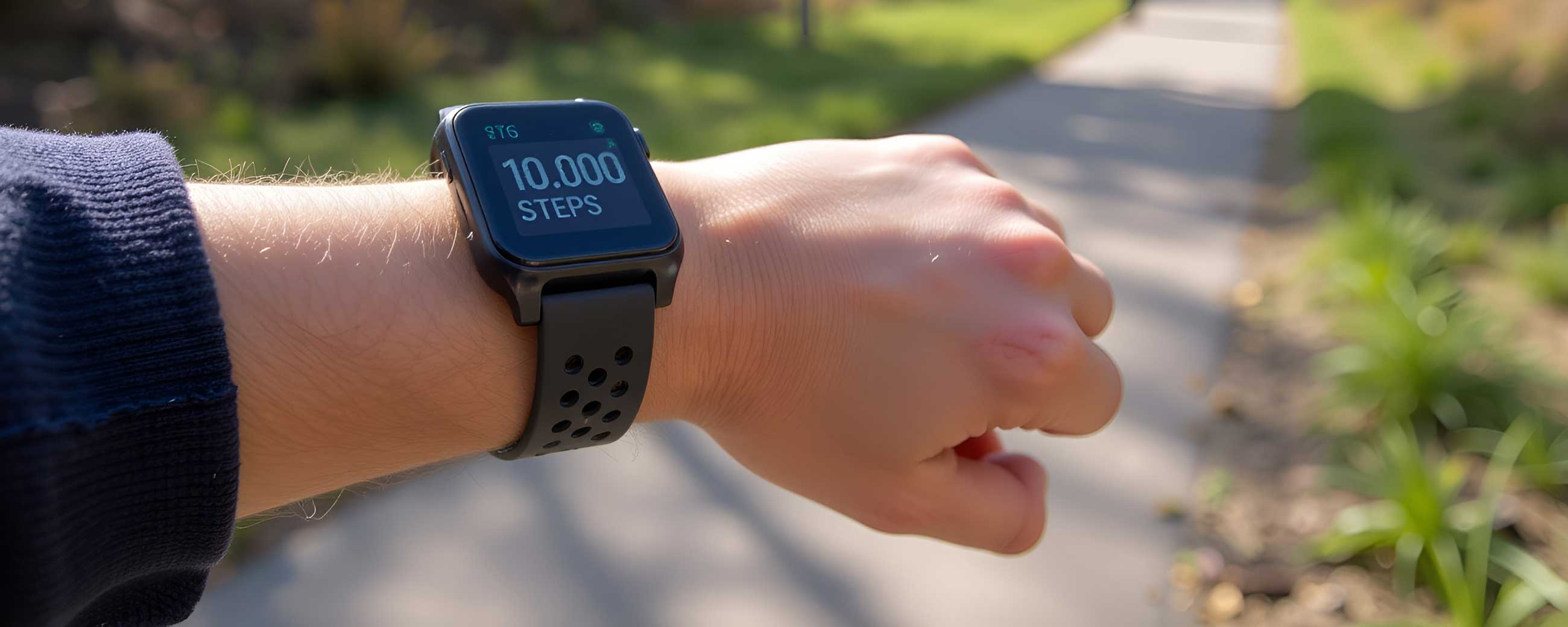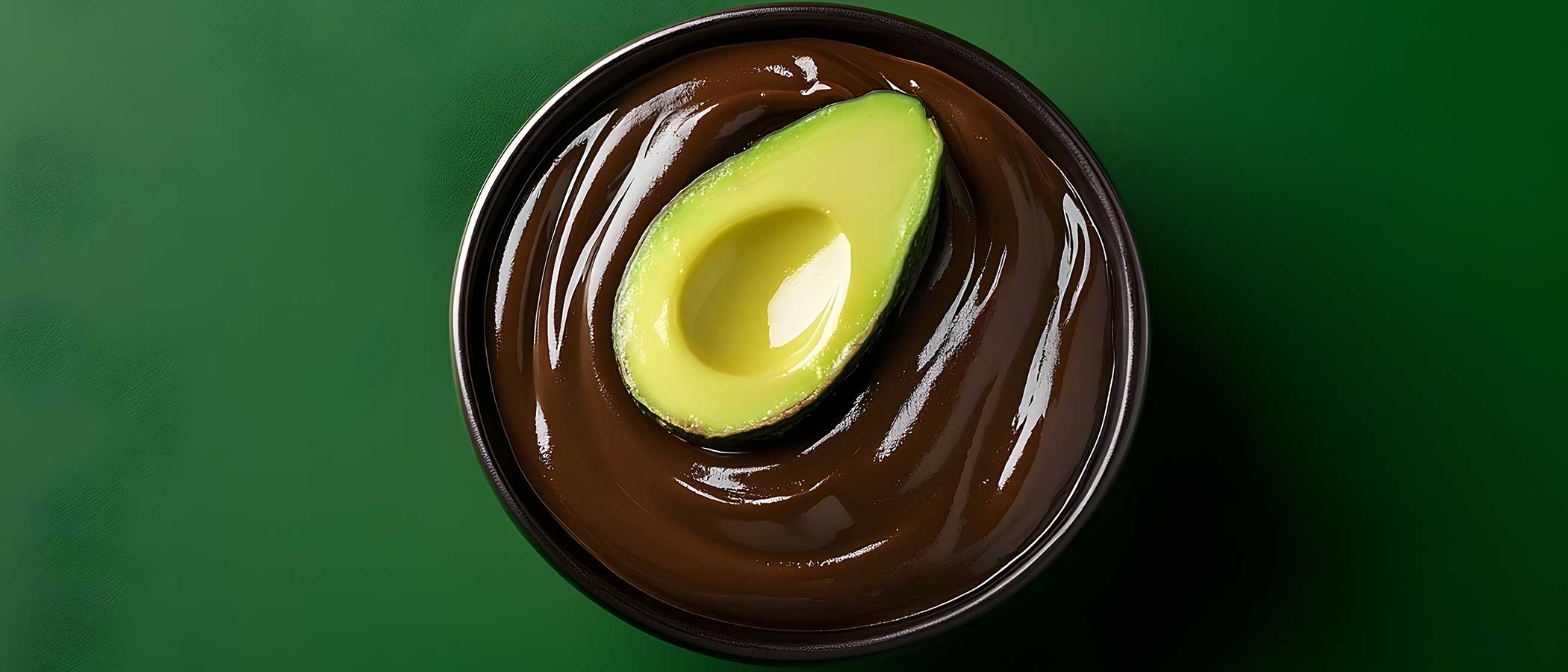
3 Lessons Alcoholism Taught Me About Taking Charge of My Health
There's a saying amongst alcoholics that being high-functioning is a stage, not a type. If that's true, I luckily never graduated to the next stage, but that doesn't mean my 3-liter-a-day beer habit didn't have collateral, impacting my overall health, weight, anxiety, fatigue, libido, clarity of thought, and sense of meaning and happiness.
Recognizing that I was an alcoholic took years. Actually quitting took many years more. It's hard to quit something that hasn't yet brought you to crisis, and unlike many alcoholics, my drinking never brought me to the brink. So I would quit for a few months, then inevitably start up again, fooling myself that because I could be sober at certain points, my larger problem didn’t actually need to be solved.
Eventually, I saw through this self-delusion, and achieved what I now believe to be sustainable sobriety. To be an alcoholic is to acknowledge that there's always a chance the cycle will begin again, but as of right now, I feel pretty good saying I've found an approach that works for me and which I feel I can maintain.
But the lessons I learned over the last decade or so trying to quit drinking don’t just apply to sobriety. I really do believe they can strengthen anyone’s chance of success in achieving better health for themselves.
Self-identify with your goal
Looking back now, I'm convinced that a big part of the reason none of my earlier attempts to stop drinking became permanent comes down to a single word: don’t.
I used to say “I’m trying not to drink right now” when I was being sober: to myself, or anyone else who asked me why I was abstaining. These days, I say something much more definite: I say I don’t drink.
"I don't drink" is an absolute; an acknowledgement of the reality that alcohol does not affect my brain the same way it affects other people's brains, and that if I have just one drink, the cycle will begin again. It's a promise to the future. Comparatively, "I'm trying not to drink" admits defeat before the battle has even begun. It frames sobriety as a temporary state, and a battle waiting to be lost.
Self-identify with your goal, even if you’re not there yet. In the immortal words of Yoda: “Do or do not. There is no try."
When I started saying "I don't drink" instead of "I'm trying not to drink," something shifted in my brain, and sobriety became a much more deeply integrated part of my identity. And since I realized this, I have also realized that this applies to internalizing any other change you are trying to make for your health. You are simply more likely to successfully run a Couch-to-5k if you say “I’m a runner” instead of “I’m trying to run.”
Call it semantics. Call it neuro linguistic programming. Call it whatever you want. I find it works. Self-identify with your goal, even if you’re not there yet. In the immortal words of Yoda: “Do or do not. There is no try.”
Don't think in streaks
Streaks are a big part of sobriety culture. For example, A.A. gives out colorful sobriety tokens to represent how many months or years you've been sober. Many people find keeping track of how long they've been sober to be really helpful to them when it comes to resisting the urge to drink. When temptation hits, they’ll ask themselves: "Is one beer really worth throwing away eleven months of progress?"
It’s a good strategy. The dark side of putting too much emphasis on streaks, though, is what happens when a streak ends. Because for many alcoholics, a streak ending is usually the start of a bender. Which makes a kind of twisted sense, right? Because if you've just “thrown away” 11 months worth of sobriety, you might as well throw it away for something epic, not just the momentary lapse of enjoying a nice glass of wine.
Acknowledge your lapses, absolutely. But measure yourself by your successes.
That's why I try not to pay attention to my streak. What's important isn’t how many consecutive days without drinking I’ve achieved, it’s that I'm not drinking today. Tracking progress is important, but there are lots of other ways to measure my progress that have nothing to do with my streak: for example, whether my clothes fit better, or my energy levels have improved, or whether my wife is happy with how I'm doing.
This is true in such a wider context than just drinking, though. If you’re trying to eat keto, guilt over that one potato chip you ate shouldn’t spur you to eat the whole bag. If your goal is to lower your glucose, a single Jolly Rancher shouldn’t turn into a diabetes relapse. Acknowledge your lapses, absolutely. But measure yourself by your successes.
Find kinship with the right community
When I first realized I wanted to address my drinking, I tried A.A. My first and only meeting was extremely small, and after a few minutes of introducing myself, I spent most of the meeting being told by two guys who had lost their jobs, friends, and families to a two-pint-a-day bourbon habit that the same thing was going to happen to me if I didn't immediately start doing everyday meetings and turn myself over to a higher power.
It wasn’t the right group for me. I just didn’t feel any kinship with those guys at all. I knew (but couldn’t yet articulate) that the commonalities that they were trying to force upon me weren’t our actual commonalities. But it didn’t mean I didn’t need a community, which is why what actually did propel me to stop drinking permanently was as simple as subscribing to the r/stopdrinking group on Reddit.
You might not feel like you need support on your journey, and maybe you don't. But you do need kinship to get past the finish line.
A lot of the people there have much more serious problems with alcohol than I do. I don’t post or comment very much. But I do find it’s still an incredibly important community for me to belong to, because when people post about, say, the lizard part of their brain telling them you can stop at just one, I can see the lie in a way I have a much harder time doing when it’s my own brain telling me that. Bearing witness to other people’s struggles with alcohol helps ground me in my fight with my own.
These days, I agree that if you're looking to make a positive change to better your health, it's important to find a community that's right for you... whether that's A.A., a running club, or a supportive group like Virta to cheerlead you as you lose weight and restore your health. You might not feel like you need support on your journey, and maybe you don't. But you do need kinship to get past the finish line.

This publication is intended for informational purposes only and is not meant to be a substitute for professional medical advice, diagnosis, or treatment. Always seek the advice of your physician or other qualified health provider with any questions you may have regarding a medical condition or any advice relating to your health. View full disclaimer









